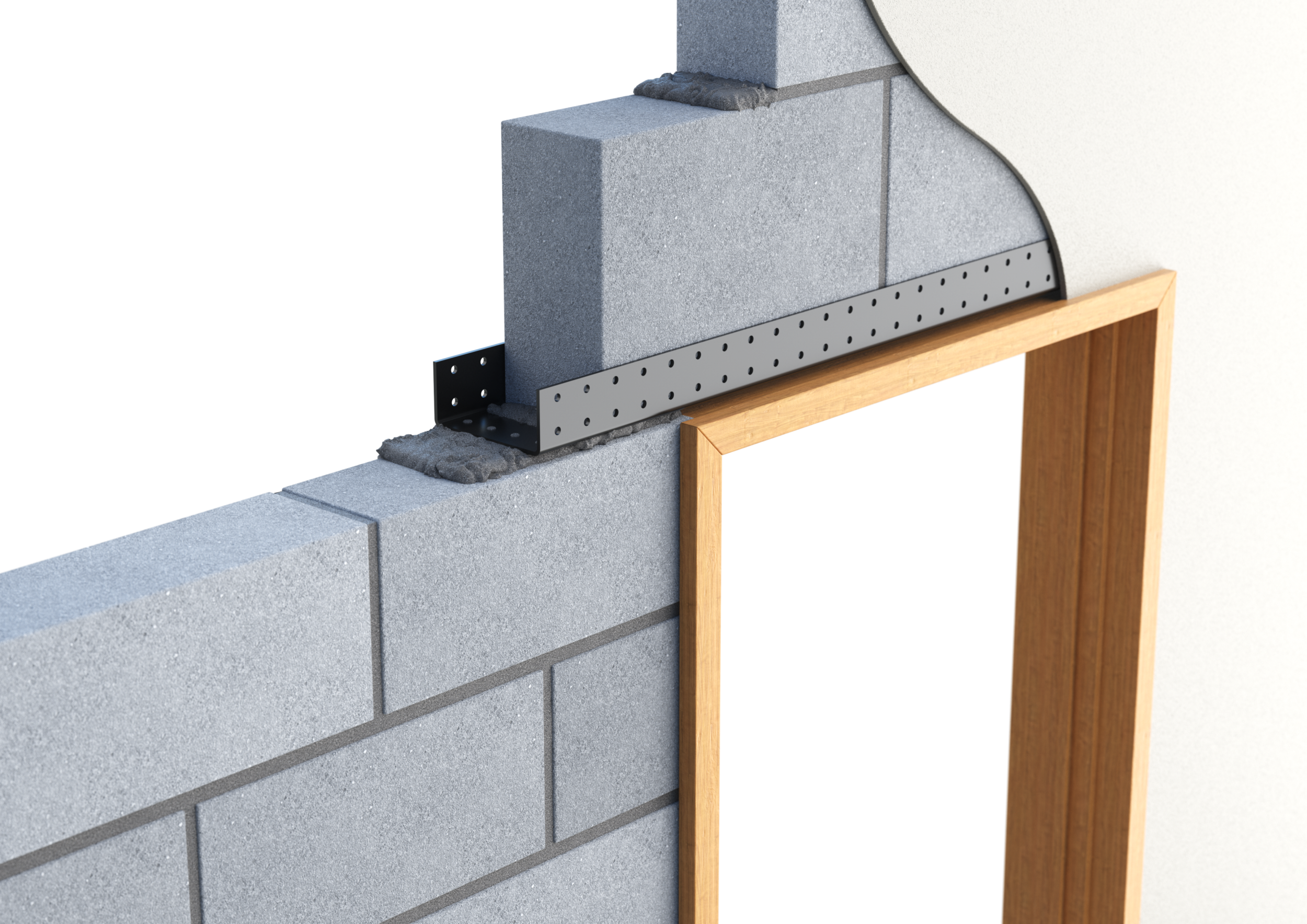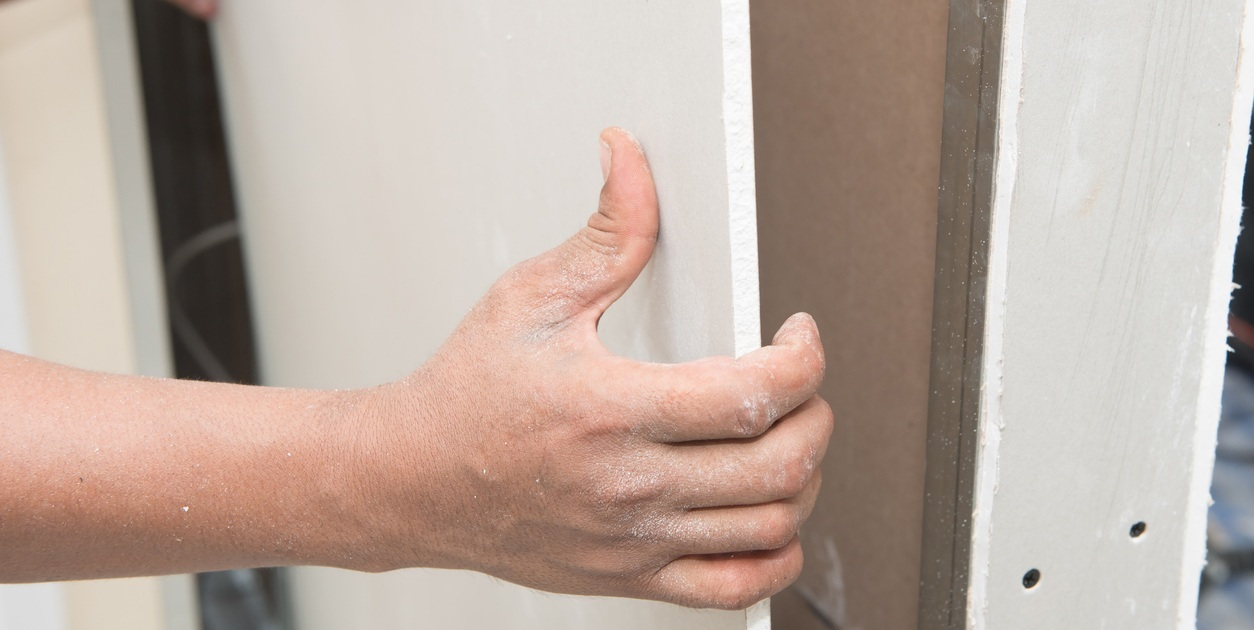What is BS EN 845-2?
Published in 2013, with an amendment in 2016, BS EN 845-2:2013 + A1:2016 sets out requirements for prefabricated lintels. Lintels manufactured in accordance with the standard can be made from steel, autoclaved aerated concrete (AAC), and manufactured stone or concrete, among other materials. They can also be manufactured from a combination of these materials.
BS EN 845-2 is a harmonised standard, meaning that any lintel manufactured, assessed, and made available for sale in the UK or Europe has been produced to a common technical specification. A lintel produced to the standard is conformity assessed and bears either UKCA marking or CE marking.
What type of lintels does BS EN 845-2 cover?
In addition to covering specific material types, the standard applies to straight lintels used over clear openings of up to 4.5m. Many lintel ranges for common structural requirements do not include lengths up to 4.5m, either because there is no demand for it, or the size and weight of the solution would be impractical for the wall construction.
Most lintels require an end bearing of 150mm at either end, this means that the maximum length of lintel covered by this standard is 4.8m. This length of lintel is often used over double garage doors or large openings with bi-folding doors. Lintels that fall outside the scope of BS EN 845-2 include steel beams manufactured to BS EN 1090-1
New conformity assessment arrangements under BS EN 845-2
Up until the UK’s exit from the European Union, conformity assessment meant affixing of the CE mark to products manufactured under a harmonised standard (such as BS EN 845-2). For standards that remain aligned with Europe, including this one that we are discussing, the CE mark will be recognised in the UK until the end of 2021.
The new UKCA (UK Conformity Assessed) mark came into force on 1st January 2021, and only products with the UKCA mark will be recognised in mainland Britain from the start of 2022. The UKCA mark is not relevant for the European market, although in Northern Ireland a combination of UKNI marking and CE marking will apply.
At first, changing from CE marking to UKCA marking will not have any significant impact because the standards in the UK remain aligned with Europe. BS EN 845-2 therefore remains equally relevant in the UK and Europe as the benchmark for prefabricated lintels.
About Catnic prefabricated lintels
The complete range of Catnic prefabricated lintels is manufactured to BS EN 845-2 and conformity assessed accordingly. To comply with the standard and the Construction Product Regulations (CPR),
Catnic lintels are tested to EN 846-9 by a notified laboratory and Catnic are ISO 9001 approved providing the required Factory Production Control (FPC) quality process.
Catnic’s prefabricated lintels include products suitable for masonry cavity walls, solid external walls, and timber frame walls . The Catnic lintel product selector allows you to select the right lintel for your project, filtering the complete range of options based on wall type and loading condition, among other variables.
For any questions relating to prefabricated lintels or choosing the correct lintel, contact us to discuss the requirements of your project.
More
-
![Coastal property in middle east housing complex, with external render finish]()
- Plaster Bead & Mesh
- Guide
A Specifier’s Guide to Choosing the Right Plasterers’ Beads for Hot, Humid and Coastal Environments
-
![]()
- Plaster Bead & Mesh
- Guide
How to Fix an Angle Bead to Plasterboard


